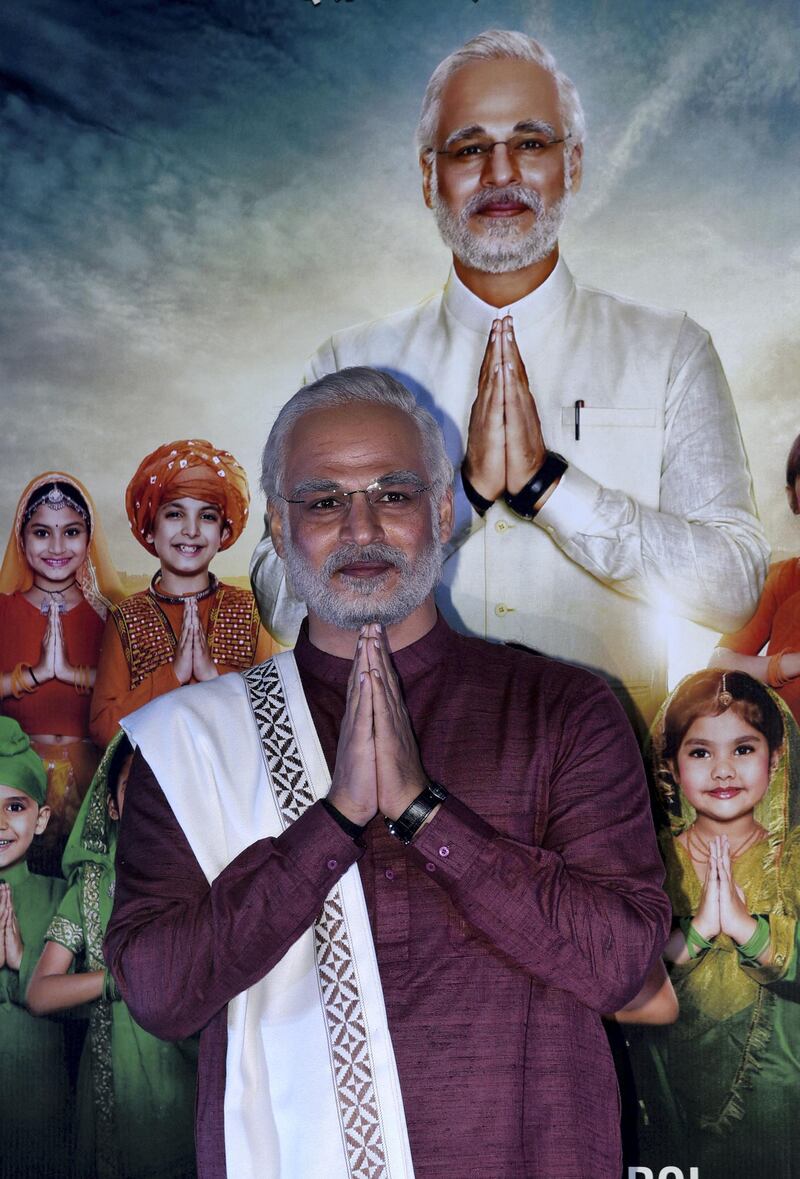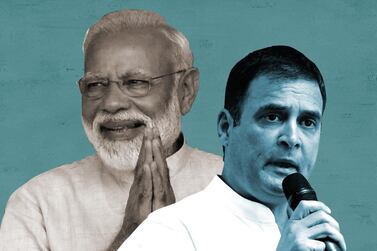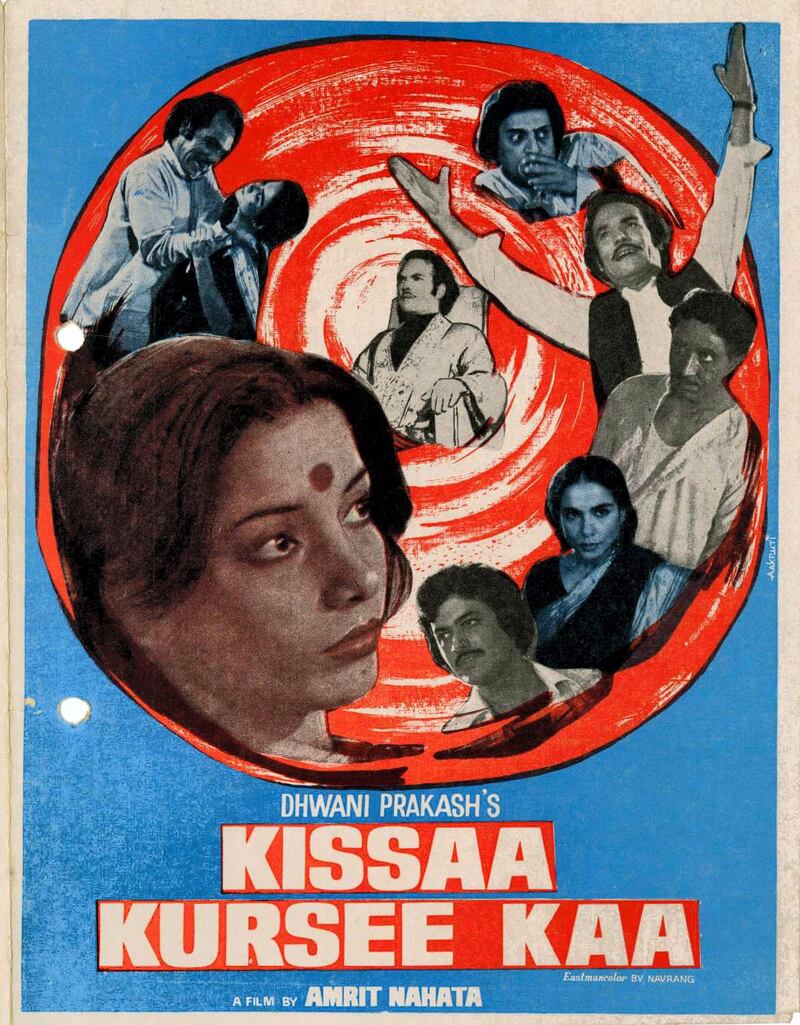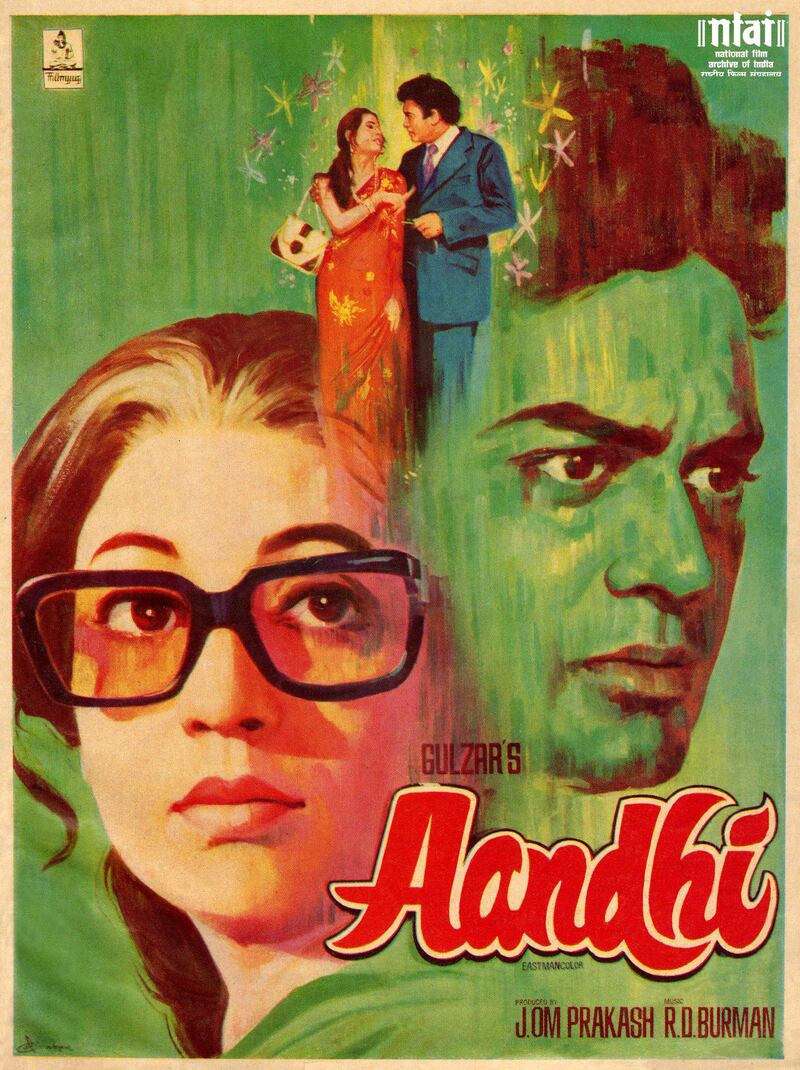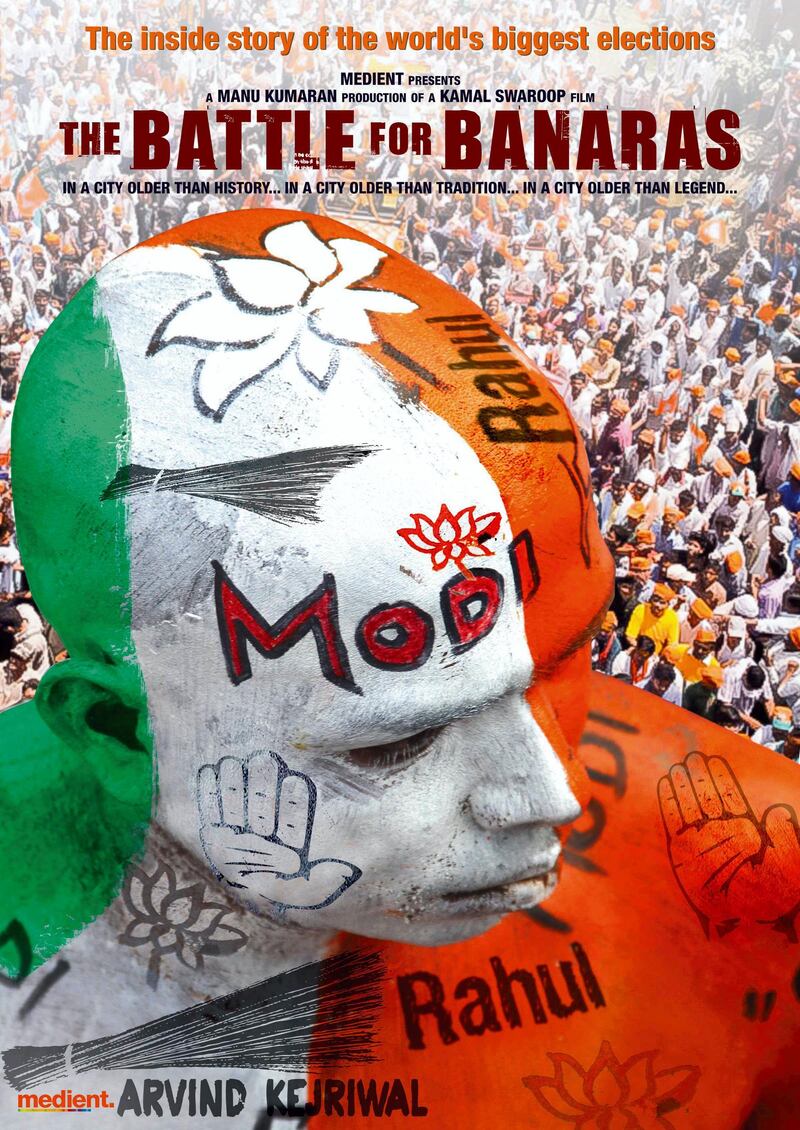The film is unimaginatively titled PM Narendra Modi. And perhaps therein lies the problem. It stars Vivek Oberoi in the eponymous role, which seems innocuous enough. Bollywood actor Oberoi once dated actress, former Miss World and supermodel Aishwarya Rai, who is now married into the Bachchan household – Bollywood's first family.
Posters announcing the film looked like a tacky national campaign – with a grey-bearded Oberoi in a get-up resembling the nation's head of state. But, a day before the film was to hit cinemas across the country, its release was delayed until further notice, the film's producer, Sandip Ssingh, tweeting, "Will update soon." The reason? India's opposition party, The Indian National Congress, made a formal complaint to the Election Commission citing a violation of the model code of conduct prior to the general elections.
The Indian National Congress filed a Public Interest Litigation statement (PIL) to the Supreme Court seeking a ban on the film's release. The PIL stated that a biopic of Indian Prime Minister Narendra Modi could skew public opinion in his favour.
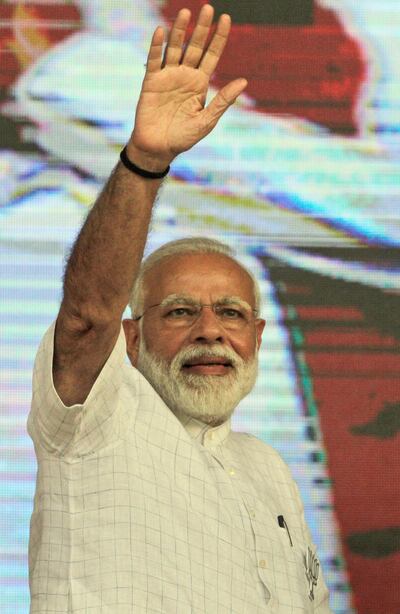
Modi is a polarising figure. He has become a poster boy of sorts for India's economic aspirations and many see him as a man of action, while others accuse him of spouting false promises.
The biopic man
Thus, at the centre of this political fracas is an organisation that has been controversial in itself: the Central Board of Film Certification (CBFC), which is often accused of muzzling the voices of intrepid filmmakers. On Friday its chairman, Prasoon Joshi, announced that the film was "undergoing due process of examination and certification".
The producers of the film have, in turn, used Twitter and the press to make their disappointment clear. Coincidentally, Omung Kumar, director of PM Narendra Modi, shot to fame for his biopic Mary Kom, about the female boxer who defied the odds to win at the 2008 World Boxing Championships in Ningbo, China. It starred Priyanka Chopra, now Bollywood's most successful export to Hollywood. Kumar has vociferously defended the timing of his magnum opus: "People release films on Diwali, Eid, Christmas, Independence Day … so why not during elections? There has never been a movie on an incumbent prime minister and that is a huge responsibility on my shoulders. Whether you are trolling, or liking, it is making news. People are curious. I have not made a political film, I am not a politically inclined person. I am just telling a story, a very extraordinary journey of a person, a chaiwala, who was predicted 60 years ago to become the prime minister of this country.
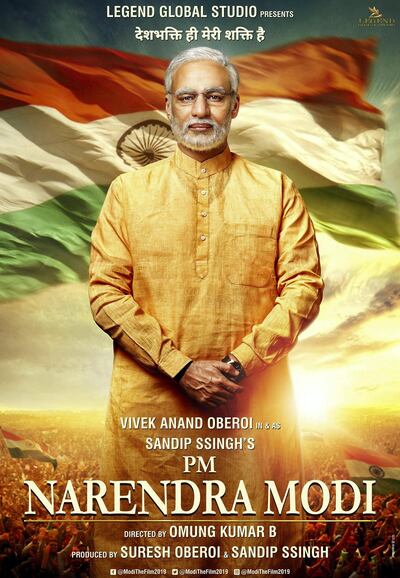
"His journey and childhood is the biggest inspiration for me. I am not concerned about his opposition, which are the political parties," said Kumar in an interview with Showsha.com.
Ping-pong between the censor board and the courts
While industry pundits are curious about the fate of this biopic, it is interesting to note that this is not the first time Bollywood and the Indian political establishment have been at loggerheads. The Battle for Banaras (2015), a documentary about the Indian election campaign of 2014 by Kamal Swaroop, a cult filmmaker, was banned after the last general election – something that baffled cinephiles. Depicting the contest for the Varanasi seat between Narendra Modi and Aam Aadmi Party head Arvind Kejriwal, the documentary was deemed unfit by the CBFC and also by the Film Certification Appellate Tribunal (FCAT). It was a four-year battle before the Delhi High Court pulled up the censor board for not providing enough justification for the ban and ordered the FCAT to review the documentary.
More recently, in January, The Accidental Prime Minister, another biopic on former prime minister Manmohan Singh, the architect of India's liberalisation who served as the nation's PM from 2004 to 2014, ruffled many a feather.
The Indian National Congress, to which Manmohan Singh belongs, dismissed the film as "political propaganda", since many felt it showed the former PM in a poor light. The ruling BJP even went so far as to promote the film through its official Twitter handle. However, the High Court then rejected a PIL demanding that the film was not to be released.
Back in the bad old days…
While the Congress might be miffed at this, it is not exactly a party that has been a virtuoso of cinematic liberalism. The 1975 arthouse sensation Aandhi (loosely based on the life of Prime Minister Indira Gandhi) had a rather choppy ride with the CBFC. As the film released with the tagline "See your Prime Minister on screen", the similarities between Aarti Devi and Prime Minister Indira Gandhi got the political establishment in New Delhi a bit nervous – and the film was banned 26 weeks after its release. The year 1975, in any case, was a turbulent one for India and its prime minister. Aandhi was released in February 1975. In June, Indira Gandhi suspended the constitution and India essentially became a dictatorship for two years during "the Emergency". However, in 1977, when she lost the general election and the Janata Party came into power, Aandhi was re-released. It became a blockbuster.
Not so lucky was Kissa Kursi Ka (1977), meaning "The Story of the Throne". Directed by Amrit Nahata, an MP, the film was a scathing satire on Indira Gandhi and what it portrayed as her despotic son, Sanjay Gandhi.
When the film was submitted to the CBFC, it was seen as way too blasphemous for its own good. The result: all the prints and the master print of the movie were seized and taken to a car factory in New Delhi. There they were burnt by Sanjay Gandhi and V C Shukla, who then served as India's information and broadcasting minister. It was the sort of ersatz censorship that eventually landed both of them in prison after a lengthy legal battle.
It offered up the kind of drama Bollywood can only dream of: witnesses turned hostile and key co-conspirators vanished off the face of the Earth with unerring regularity. But eventually justice prevailed and free speech won. Most importantly, what the judgment of 1979 taught India's political class and its filmmaking fraternity is that the nation has courts … and a censor board. So if a prime minister or three get rattled every now and then with how they are depicted on the silver screen, they know which doors to knock on. Because it is no longer a car factory where the decisions are made.
